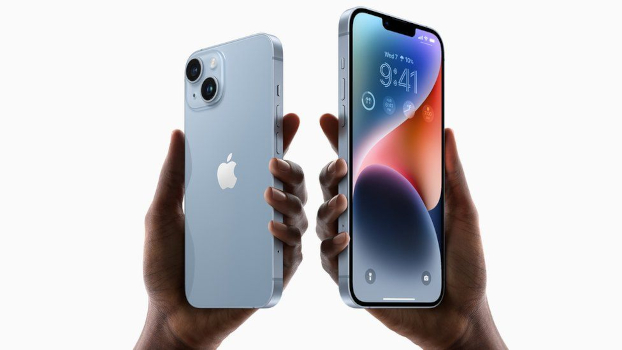
Is a new mobile browser war coming?
Developers will now be allowed by Apple to use browser engines other than WebKit, at least in the EU, where the mandatory use of the WebKit engine is no longer allowed. Chrome can start using Blink in the future, as is already the case on other platforms, and Mozilla can deploy its own Gecko engine for Firefox. But will they do so?
Starting next month, Apple in the EU must allow alternative browsers in the App Store. It is already possible to customize the default browser on the iPhone and iPad. But with the arrival of iOS 17.4 comes a popup screen that lets you choose your default browser. The list includes Firefox, Opera, Chrome, Brave and Microsoft Edge, among others.
And that’s not the only thing that’s going to change. There are numerous browsers in the App Store, but they are similar in practically all of them. Not on the outside, because developers have plenty of freedom there, but the actual rendering is handled by Apple for security reasons. The EU has ruled that this is no longer allowed.
The innovations can already be tested in the iOS 17.4 beta. New APIs are also available that allow developers to already customise their browsers.
However, it remains to be seen to what extent browser makers are willing to develop a separate browser specifically for EU countries. And yet this seems to be happening.
Google a year ago began the process of bringing Chrome’s full Blink browser engine to iOS. Google quietly revealed a Blink browser engine – used by Chrome and other Chromium-based browsers such as Edge and Opera – to be ported to iOS. Google did stress, however, that it had no plans to put the browser on the App Store.
Mozilla has also been working since March 2023 on an iOS browser that uses the company’s Gecko rendering engine instead of Apple’s mandatory WebKit. “We are adhering to Apple’s iOS policy and just doing some exploratory work to understand the technical challenges for Gecko-based browsers on iOS should that policy change,” a Mozilla spokesperson said.
But what will users notice? Chrome and Firefox will not immediately look very different, but there are likely to be performance differences. In addition, Mozilla would consider plug-ins, as it can with the desktop browser. Think of a dictionary for text control.
Apple has already toyed with the idea of dropping the WebKit requirement for Web browsers in 2022, even before the EU came up with the measure, and chances are Mozilla and Google want to demonstrate that browsers with other engines are not a barrier to Apple.
News Wires





Subscribers 0
Fans 0
Followers 0
Followers